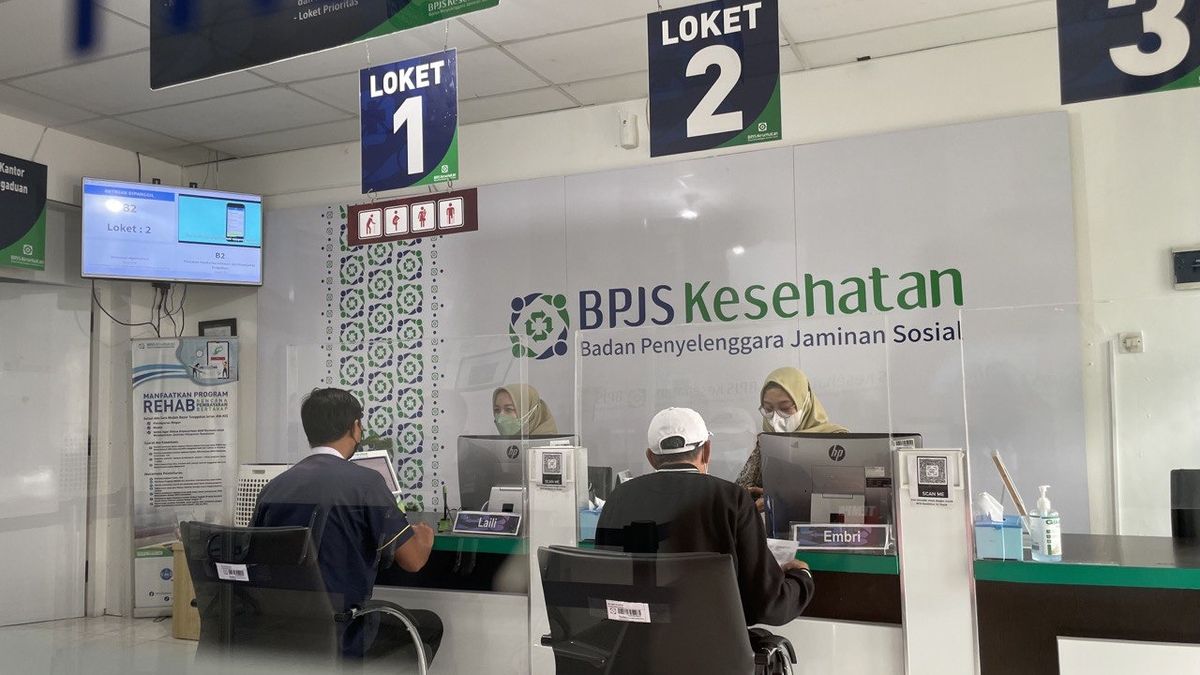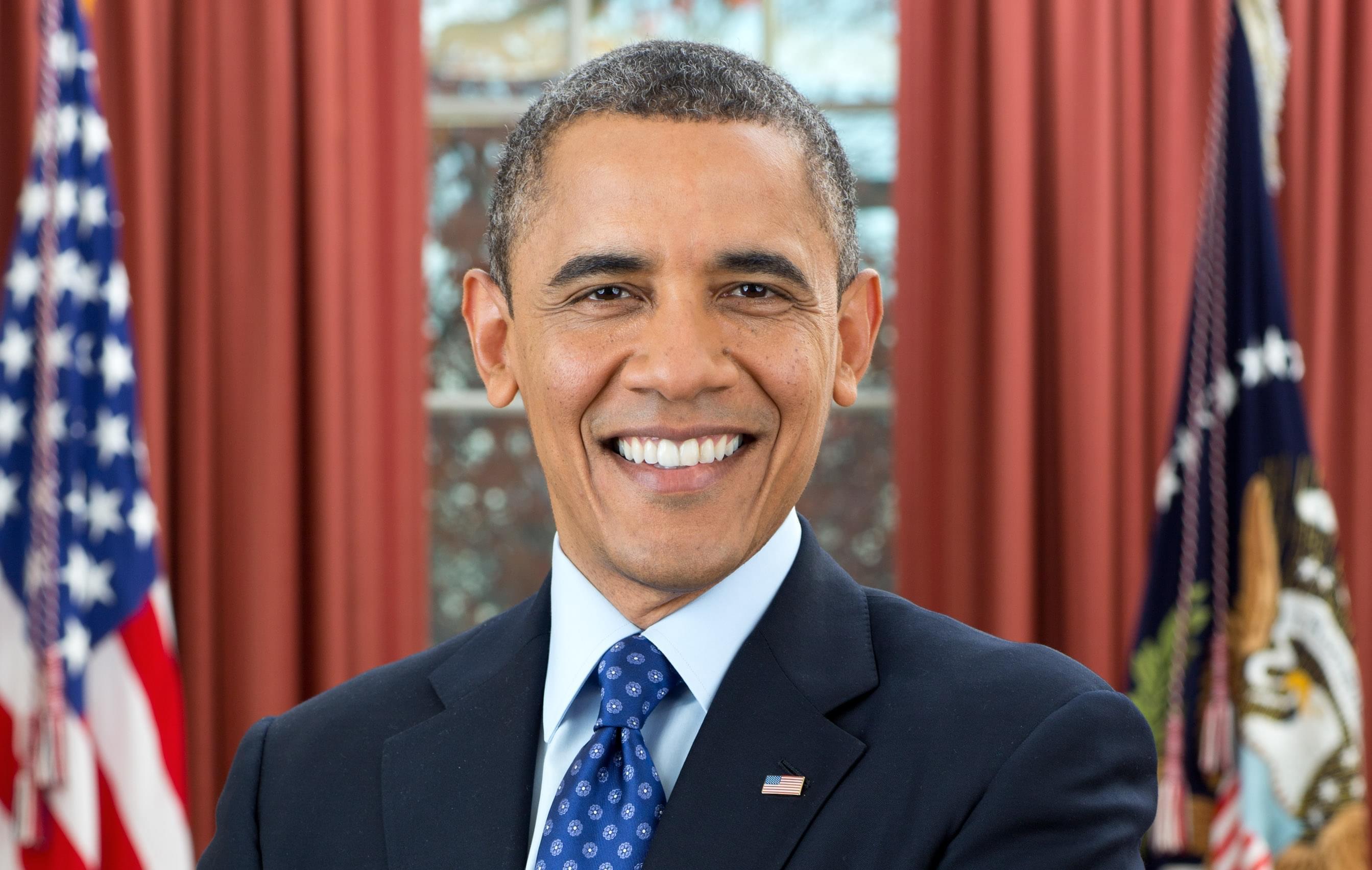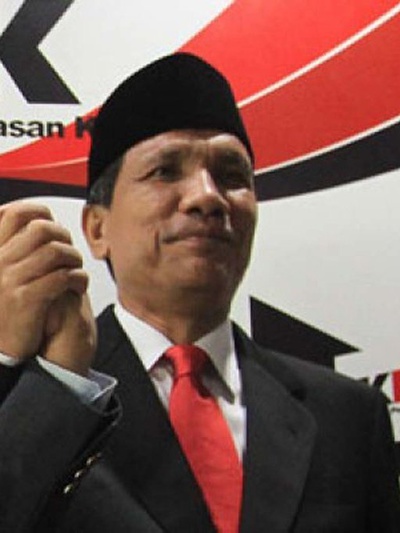Sentimen
Informasi Tambahan
Kab/Kota: bandung
Tokoh Terkait
FBI’s Role in KPK's Success in Uncovering the Indonesian Social Health Insurance Agency Fraud Claims
![]() Pikiran-Rakyat.com
Jenis Media: Nasional
Pikiran-Rakyat.com
Jenis Media: Nasional

Disclaimer: This article is an editorial that highlights the problems in Indonesia today
PIKIRAN RAKYAT - The Corruption Eradication Commission (KPK) Deputy for prevention and monitoring, Pahala Nainggolan, explained about the beginning of the discovery of alleged fraud or fraudulent invoices to the Indonesian Social Health Insurance Agency (BPJS Kesehatan) worth IDR 34 billion.
According to him, the fraud discovery began when the Corruption Eradication Commission (KPK), the Ministry of Health (Kemenkes), and the Indonesian Social Health Insurance Agency (BPJS Kesehatan) travelled to the United States in 2017 to conduct a comparative study.
Pahala said that while in the United States, the Corruption Eradication Commission (KPK) team, the Ministry of Health, and Indonesian Social Health Insurance Agency (BPJS) learned about handling fraud in the Obama Care system. For information, US President Barack Obama in 2010 initiated Obama care which is a health service law in the US.
"In 2017, a team from the KPK, BPJS and the Ministry of Health saw how to handle fraud in Obama Care, so at that time we went to America together," said Pahala at the KPK Merah Putih building, on Thursday, July 25, 2024.
Pahala said that while in the US, the group held discussions with the Federal Bureau of Investigation (FBI) about handling fraud in the Obama Care system. The FBI said 3 per cent to 10 per cent of claims must have fraud.
"And we saw that the FBI said that 3-10 per cent of claims must have fraud in America. And they (FBI) are hard if there is fraud taken to the criminal," he said.
After returning from the US, Pahala revealed that a team was formed consisting of the Corruption Eradication Commission (KPK), the Ministry of Health, Indonesian Health Insurance Agency (BPJS Kesehatan), and the Financial and Development Supervisory Agency (BPKP). The task of this team is to look for allegations of hospitals that cheat when submitting claims to BPJS.
"Therefore, after returning from there (US) we formed a team of three. One team for prevention, one detection team, and one handling," he said.
As a result, in 2023 the team found that there were three hospitals that committed fraud or fraudulent claims to the Indonesian Social Health Insurance Agency (BPJS by manipulating the diagnosis.
"It turns out that in three hospitals there are 4,341 claims but actually only 1,000 cases supported by medical records. So about 3 thousand were claimed as physiotherapy but actually did not exist in medical records. So we say that these 3,269 are actually fictitious, which we call category two, this is a medical diagnosis that was made incorrectly," said Pahala.
Furthermore, Pahala explained, the fraudulent mode of manipulating the diagnosis was carried out by inflating the bills of the patients. For example, he said, a patient was claimed to have undergone cataract surgery on two eyes. In fact, only one eye was treated.
"In 3 hospitals, we sampled 39 patients, actually only 14 patients deserved cataract surgery, but all were claimed to have cataract surgery. We checked, we said 'one eye was operated on and two eyes were claimed'," said Pahala.
Pahala said there were other frauds that were more severe. He said there were three hospitals committing fraud with the type of alleged fraud of phantom billing or fictitious bills. These three hospitals allegedly manipulated patient data as if the patient was undergoing examination or treatment, even though the patient had never checked his health, let alone been treated.
"The patient does not exist, the therapy is there but the documents are all made up so that it seems as if he is claiming for people who exist with all kinds of therapies," said Pahala.
"The difference with phantom billing is that there is no patient, no therapy, and no claim. If the medical diagnosis is there, the therapy is there, the claim is too big," he continued.
Pahala said, phantom billing fraud or fictitious claims occurred in three hospitals with details, two hospitals in North Sumatra and one in Central Java.
As a result of this fraud, the Indonesian Social Health Insurance Agency (BPJS Kesehatan) suffered a loss of around IDR 34 billion. Therefore, the KPK stated that it would drag the three hospitals into the criminal realm.
"Three (hospitals) did phantom billing, meaning they fabricated all the documents. One is in Central Java with around IDR 29 billion in claims. Two are in North Sumatra, there are IDR 4 billion and IDR 1 billion. That is the result of an audit of claims from the Indonesian Social Health Insurance Agency (BPJS Kesehatan)," Pahala stated.
Three hospitals have been caught committing fraud in relation to claims made to the Indonesian Health Insurance Agency (BPJS). The Corruption Eradication Commission (KPK) is prosecuting the three hospitals because the fraud meets the requirements for criminal investigation.
"The KPK leadership has decided that the three (hospitals) will be referred for prosecution. Later, the issue of whether the Attorney General's Office or the KPK will investigate will be decided by the KPK leadership," Pahala said.
"But these three have been referred for prosecution because the evidence is sufficient," he added.***(Politeknik Negeri Bandung/Yeurley Arba Nabila)
Sentimen: positif (33.3%)


